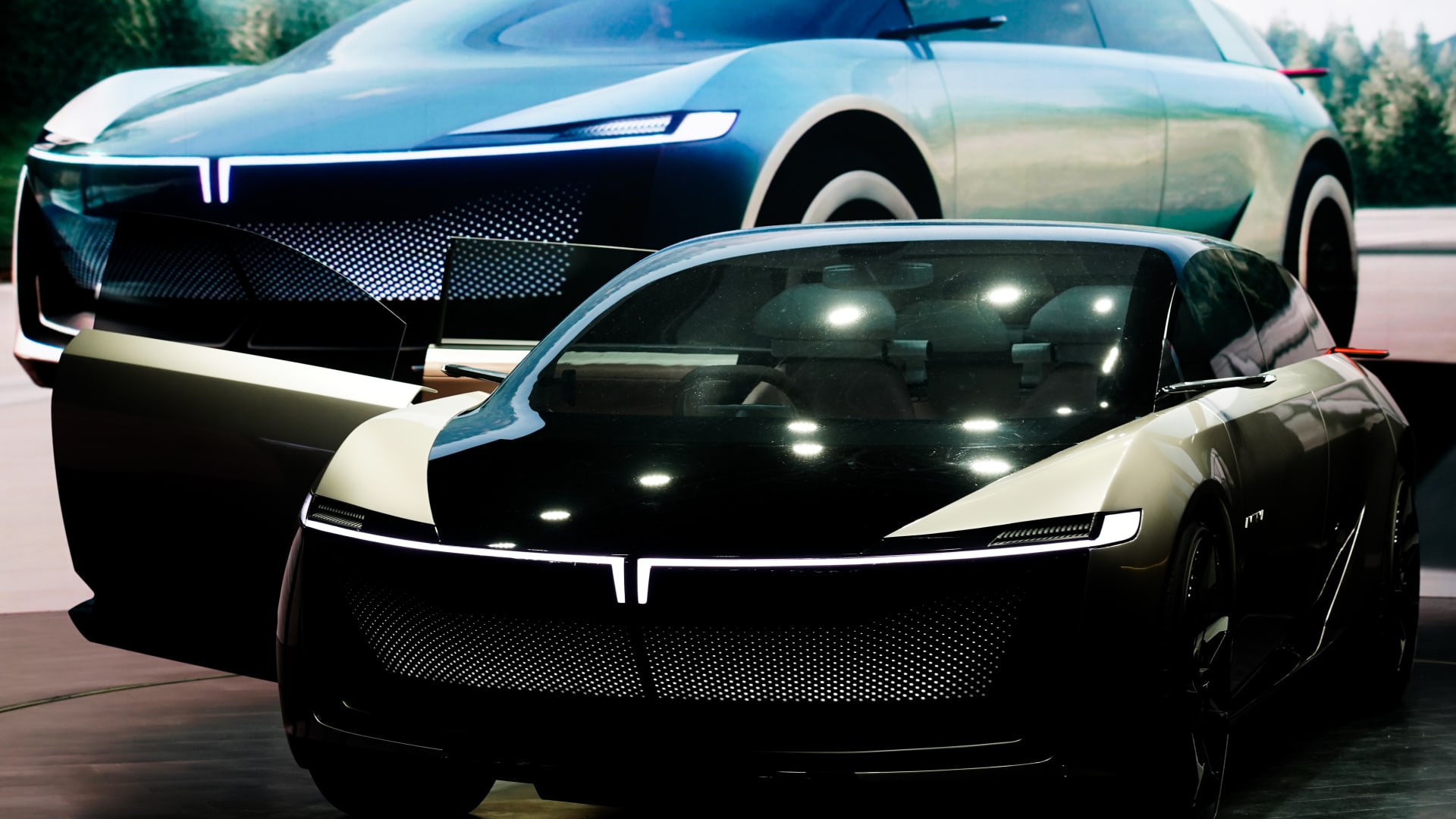The Tata Group will develop a major facility for the production of electric car batteries in the U.K., with the Indian conglomerate set to invest more than £4 billion (around $5.17 billion) in the project.
The news represents a significant boost for the U.K.’s plans to secure its own supply of EV batteries as it looks to move away from vehicles that use gasoline and diesel.
In a statement Wednesday, the U.K. government said the site would create as many as 4,000 direct jobs and provide Jaguar Land Rover — a subsidiary of Tata Motors — with batteries. Other customers in the U.K. and Europe are also being eyed.
The government said the factory would generate thousands of extra jobs further down the supply chain, in sectors connected to critical raw minerals and battery materials.
“This investment will be crucial to boosting the UK’s battery manufacturing capacity needed to support the electric vehicle industry in the long term,” the government said.
“With an initial output of 40GWh it will also provide almost half of the battery production that the Faraday Institution estimates the UK will need by 2030,” it added.
The gigafactory will be one of Europe’s largest. The aim is for production to start in 2026. So-called gigafactories are facilities that produce batteries for electric vehicles on a large scale. Tesla CEO Elon Musk has been widely credited as coining the term.
It’s been widely reported that the U.K. will provide Tata with significant subsidies for the project. The government said details of its support to Tata Sons would be “published in due course as part of our regular transparency data.”
Speaking to the BBC on Wednesday morning, Grant Shapps, the secretary of state for energy security and net zero, said the news represented “certainly the biggest U.K. car investment for 40 years” and “a big vote of confidence in the British economy.”
Pushed on the value of the incentive given to Tata, Shapps acknowledged it was “large and … I make no bones about that,” but would not give an exact figure. The numbers, he added, “will come out in the usual way, because of the commercial sensitivity.”
The U.K. wants to stop the sale of new diesel and gasoline cars and vans by 2030 and will require, from 2035, all new cars and vans to have zero-tailpipe emissions.
News about the gigafactory plans was welcomed by those within the industry.
“This is a shot in the arm for the UK automotive industry, our economy and British manufacturing jobs, demonstrating the country is open for business and electric vehicle production,” Mike Hawes, chief executive of the Society of Motor Manufacturers and Traders, said.
“It comes at a critical moment, with the global industry transitioning at pace to electrification,” he added.
Production of batteries within the U.K. was, Hawes said, “essential if we are to anchor wider vehicle production here for the long term.”
